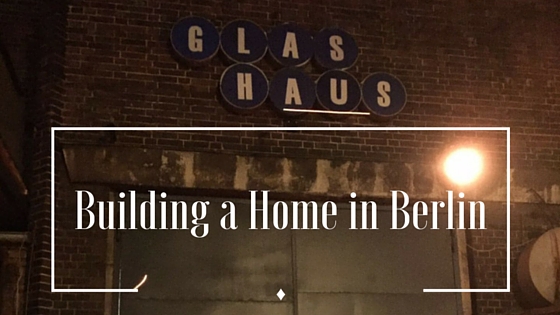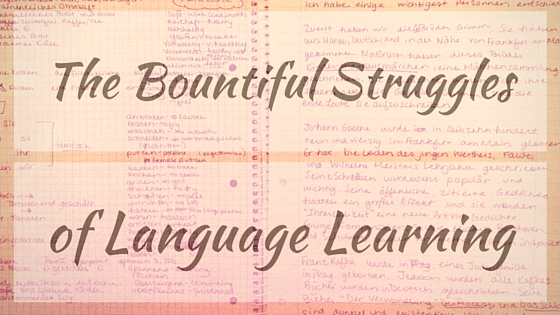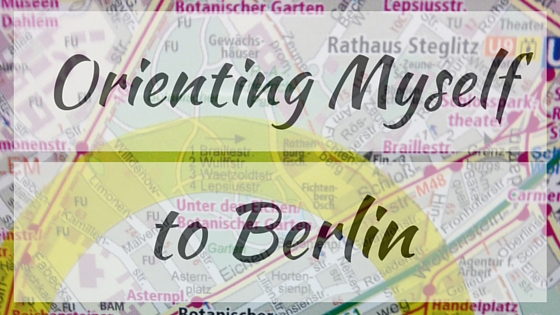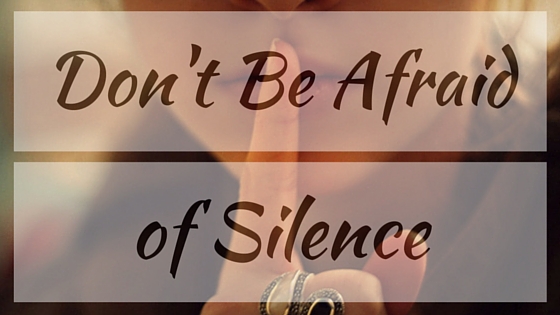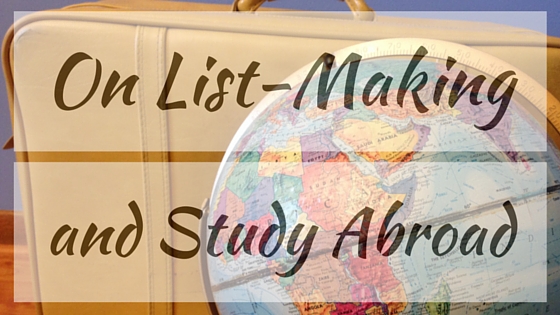„Die Berliner sind unfreundlich und rücksichtslos, ruppig und rechthaberisch. Berlin ist abstoßend, laut, dreckig und grau, Baustellen und verstopfte Straßen, wo man geht und steht – aber mir tun alle Menschen leid, die nicht hier leben können!“ —Anneliese Bödecker
“Berliners are unfriendly and inconsiderate, abrasive and bossy. Berlin is disgusting, loud, dirty and gray, with construction sites and congested roads wherever one goes—but I feel sorry for anyone who cannot live here!”
My time in Berlin comes to a close in a blur of exams and farewells and packing.
I structure my days around lasts: last meal with my host mom, last time on the Lankwitz campus, last time spent with the friends I have made here. These moments are a celebration of things I have come to care about here, the connections made, the struggles overcome.
Despite these celebrations, I am quite saddened at the reality of leaving this city. I spend my last few days in Berlin overwhelmed by all the lives I could have lived, all the things I could have seen or done or become. It is the universal, ever-pressing question: Who could I have become, if—?
If I had attended this or that event? If I had said no or yes or some answer in between? If I had sat with different people, made more friends, traveled more, traveled less? If I had overcome fear earlier on? If I had spent my days in this or that way? If I had opened my heart to more of the city and sooner?
There are a great many things I still wish to do and see here. While I acutely feel the finality of these last days and sense some sort of closure, I cannot shake the feeling that I am leaving things unfinished here. I am leaving before the height of the action, sneaking out the back door of the theater during a darkened intermission. Berlin: a smoky constancy of in media res.
Instead of rushing around the city, this drives me to the desire to cherish my moments more, to relish the moments of being here, now, at this stage in my life, given this passing glimpse of the goings on of history, in the context of such a rapid departure. For, in fact, the moments of beautiful pauses were what made my time here so special; these will be the moments that remain in my memory as I move on from this place.
My first weeks here were a struggle of adjustment and culture shock and time change. This is a different kind of adjustment. It is me realizing that the city will move on without me and I will move on without it. We are nothing but passersby in each other’s existences and I am not presumptuous enough to elevate myself to having left an earth-shattering impact. Berlin has impacted me far more than I will have impacted it. This is a moment of perfect truth to me: the sometimes-seeming indifference of the enormity of the world and her struggles does nothing to lessen her beauty or that of her inhabitants.
I do not want to leave Berlin, but leave I must. I am grateful for the months I have spent here and am indebted to all those who have let me share my time with them, who shared their time with me, and who supported me throughout my time here.


